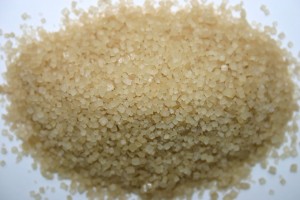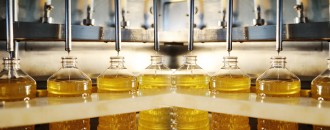
India’s cotton planting area likely to rise by 15% to a 3yr high as prices increase
The Dollar Business Bureau
Buoyed by increasing cotton prices, Indian farmers have started sowing cotton in a larger area. Sowing has begun on a stronger note in Haryana, Punjab, Karnataka for the 2017-18 season.
India is the world’s biggest producer of cotton and a higher output in the country could enrich the cotton farmers who have been under distress due to prolonged drought, adverse market conditions, non-payment of bank loans and climatic aberrations.
India’s current cotton crop for the season ending this September is expected to be 170 kgs or 34.1 million bales. According to M.M.Chockalingam, Chairman of the State run Cotton Corporation of India, “this year farmers received higher prices, so they are going to raise the area under cotton. We are expecting around a 15% increase.”
A 15% increase in crop area would lift cotton planting in the country to around 29.9 million hectares in the marketing year beginning October 1, which is the highest since 2014-15 year.
Cotton prices in India rose 19% compared to the previous year to $639 per 356kg candy, following an increase in global price of cotton. Most cotton farmers start planting the crop with the onset of the rains in June, though some might start irrigating their fields as early as in May.
According to the Chief of India’s weather report on Tuesday, the monsoon weather forecast sounds favourable for India, the country is likely to receive above average rainfall.
India competes with Brazil, the US, and African countries in the cotton producing world market. According to the Cotton Advisory Board, it is estimated that India has produced 35.1 million bales of cotton in 2016-17 which is an increase of 3.8% from last year. China, Vietnam, Pakistan and Bangladesh are the highest Indian cotton buying countries. However with the appreciation of the rupee Indian textile mills have been aggressively importing cotton for the last few months and the import of cotton is likely to increase to a record 3 million bales this year too.

-Vertical.jpg)




 to success.
to success.